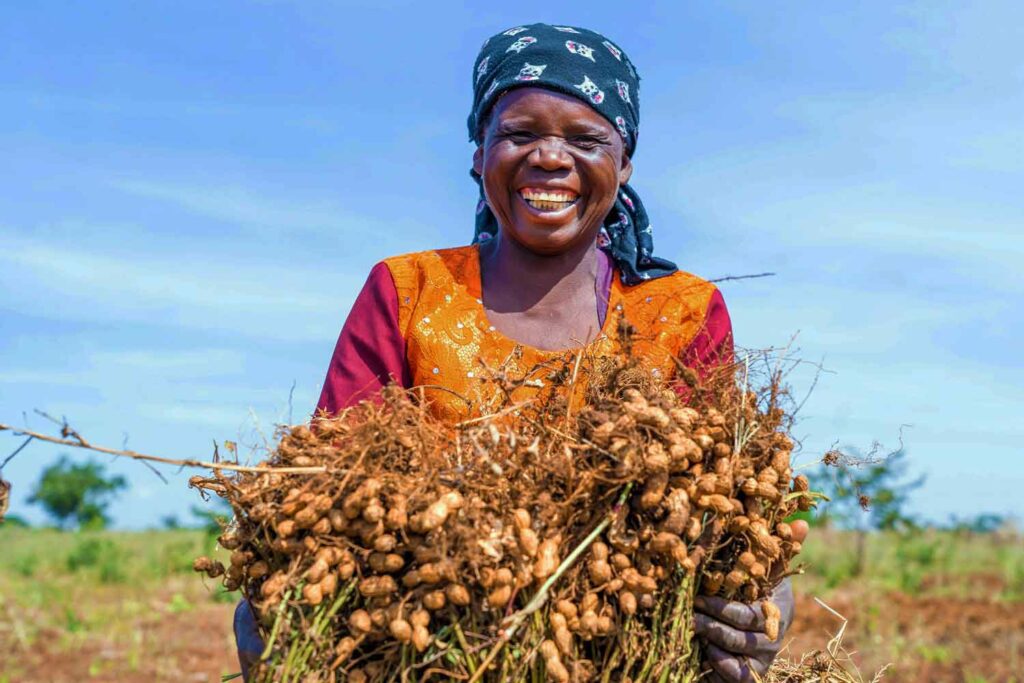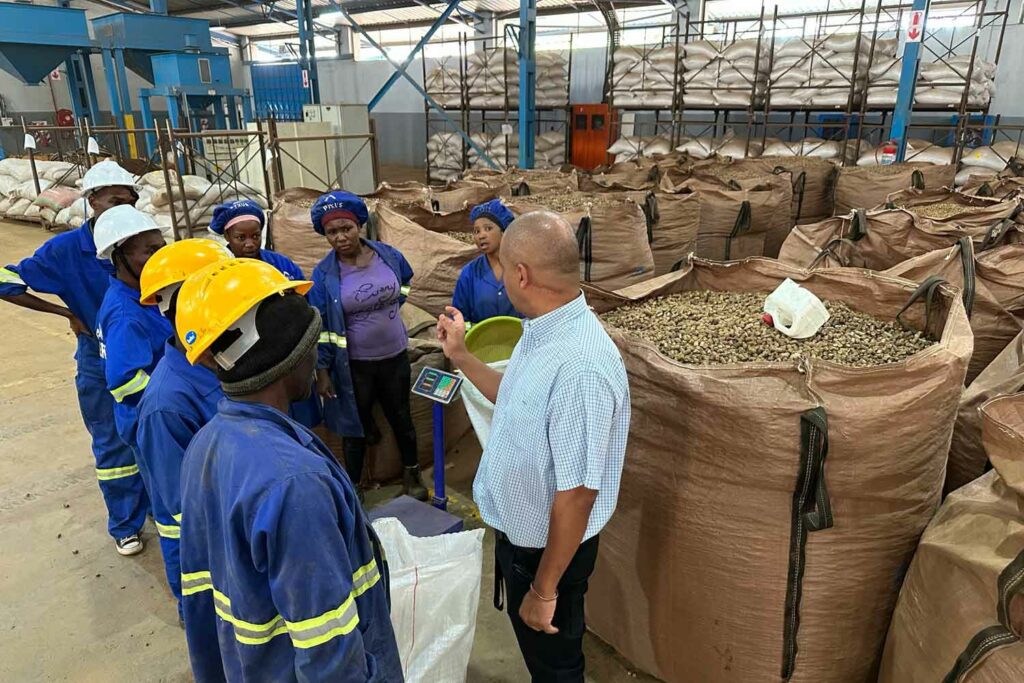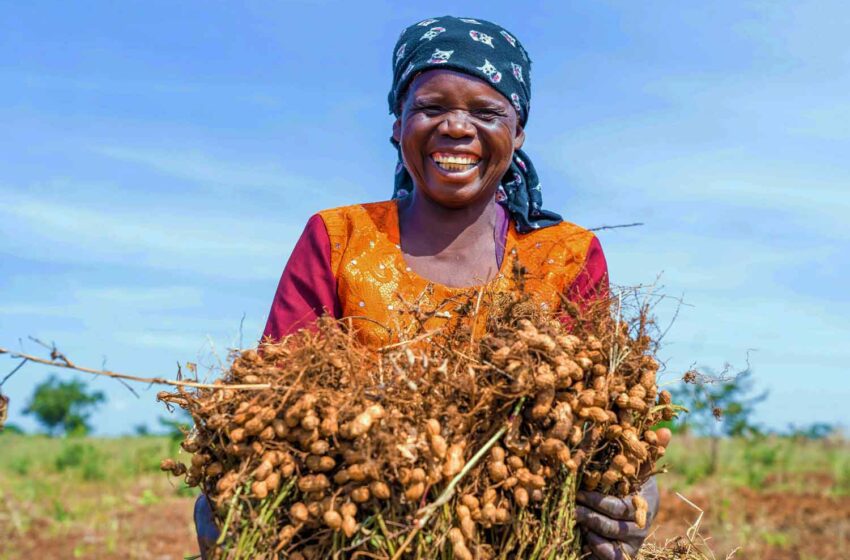
The U.S. Agency for International Development (USAID) will award Pyxus Agriculture Malawi (PAM) $14.6 million over the next five years, Pyxus announced on its website. The money will support the company in maximizing its operational effectiveness and minimizing its exposure to financial risk as it continues to drive sustainable agriculture developments in Malawi.
The USAID award compliments PAM’s investment to date and offsets certain company expenditures going forward as both entities work to increase the availability of high-quality, climate-smart groundnut seed varieties, boost groundnut production and processing, support improved farmer livelihood and counteract the nation’s high rate of deforestation.
“Our company has a 30-year history of operating in Malawi and has one of the largest networks of smallholder farmers—most operating on two hectares of land or less—in the country. We have worked diligently to help our contracted farmers successfully grow and market high-quality, sustainable crops, thus improving the livelihood of the farmer, their families, their communities and the country as a whole,” said Pyxus President and CEO Pieter Sikkel, during the partnership signing ceremony at PAM’s state-of-the-art groundnut processing facility in Lilongwe, Malawi.
“Pyxus is honored to receive this $14.6 million award from USAID, which helps our company to further build capacity, expand impact throughout the legume and forestry value chains, and unlock value for Malawi and its farmers,” added Sikkel.

Pyxus is honored to receive this $14.6 million award from USAID, which helps our company to further build capacity, expand impact throughout the legume and forestry value chains, and unlock value for Malawi and its farmers.
Pieter Sikkel, president and CEO, Pyxus
The agreement aligns with Pyxus’ global environmental, social and governance goals and identifies five focus areas to achieve success: improve Malawi’s legume seed production system through the acceleration of PAM’s current research, breeding and distribution of new high-yielding, climate-resilient, market-demanded and more nutritious legume seed varieties; increase farmer access to high-quality crop inputs and hands-on training of good agricultural practices while simultaneously working to diversify PAM’s contracted farmer base—these efforts enable farmers to increase yields, sales and incomes, driving the development of the country’s commercial agriculture sector; help address smallholder farmer financing roadblocks, which currently put a significant limitation on crop production and overall market success, through fair and affordable crop input financing—minimizing financial roadblocks can help farmers increase yields and improve their overall livelihood; enhance the quality and value of Malawi groundnuts through increased processing capacity of PAM’s groundnut facility, driving job growth, the country’s export opportunities and value addition, resulting in a more impactful private sector contribution to Malawi’s economic growth; and combat deforestation and forest and soil degradation by further developing PAM’s sustainable forestry operation and the introduction of new, innovative energy solutions and soil health amendments to the farmer.

“The partnership we’ve launched today, with USAID and Pyxus, will invest in Malawians to accelerate opportunities for more sustainable, inclusive and resilient economic growth,” said USAID Deputy Administrator Isobel Coleman during the signing ceremony.
Coleman added that the partnership contributes to soil health improvements, utilization of clean energy generated from recycled agricultural waste and increasing availability of nutritious food for the Malawian people.
The PAM operation was founded in 2019 under Pyxus’ Value-Added Agricultural Products division. Since its inception, PAM has opened one of the largest groundnut processing facilities in Africa, gained government approval to commercialize five new legume seed varieties, cultivated and maintained more than 7,000 hectares of forestry, and unlocked additional income potential for over 20,000 smallholder farmers.
Tobacco Reporter visited Pyxus Groundnut factory in the first half of 2023 and reported on the operation in its June print edition (see “A Gamble on Goobers“).











